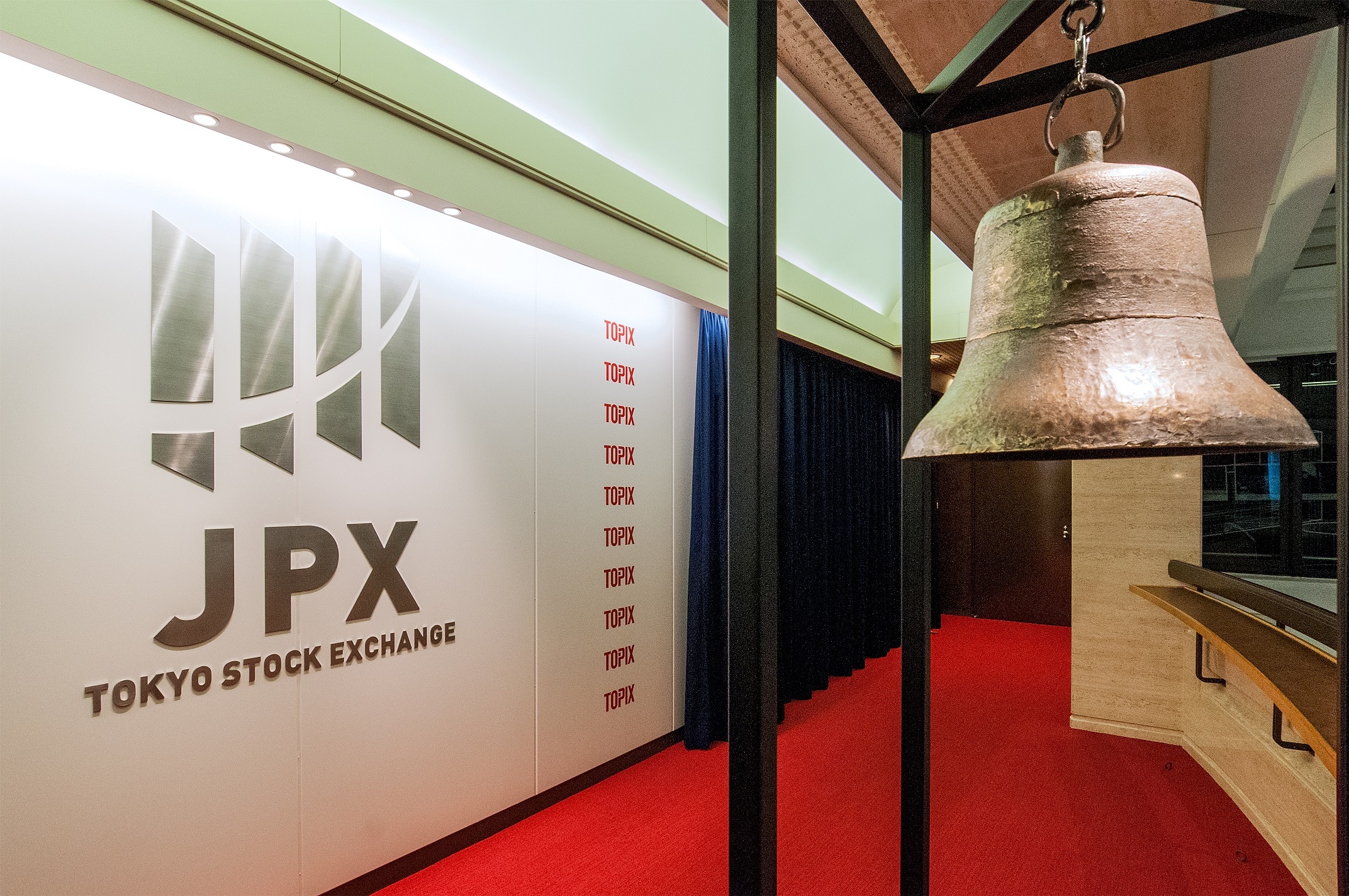Weakness in Japanese factory activity and Chinese service industry growth led to declines in most Asian stock markets. While Shanghai, Hong Kong, and Seoul saw declines, Tokyo’s market gained. Oil prices also saw a slight decrease. In the US, the S&P 500 rose 0.4% as the government lowered its estimate of second-quarter economic growth, with hopes that data on hiring and retail sales will show control over price pressures, potentially avoiding further interest rate hikes by the Federal Reserve.
Japanese factory activity contracted by 2% in July, and a survey indicated a weakening in Chinese service industry activity. The Shanghai Composite Index lost 0.5%, the Nikkei 225 in Tokyo rose by 0.6%, the Hang Seng in Hong Kong declined slightly, and the Kospi in Seoul gained 0.4%. However, Sydney’s S&P-ASX 200 saw a small decrease, and markets in New Zealand, Jakarta, and Singapore experienced mixed movements.
Chinese economic growth for the second quarter dropped to 0.8% from the previous quarter’s 2.2%, reflecting weaker exports and retail spending. Despite these measures, concerns lingered about Asia’s biggest economy not showing substantial growth.
On Wall Street, the S&P 500 reached 4,514.87, having climbed 17.6% for the first eight months of the year. The Dow Jones Industrial Average rose 0.1%, and the Nasdaq gained 0.5%. Tech stocks led the gains, with Apple and Palo Alto Networks seeing rises while HP experienced a loss after cutting its profit forecast.
The US government’s reduction in its second-quarter economic growth estimate raised expectations that the Federal Reserve will maintain its current interest rates. The central bank’s decision is anticipated to remain unchanged in its September meeting as it aims for a “soft landing” to control inflation without triggering a recession. An update on inflation, along with the release of the monthly employment report for August, is expected to provide further insights into the economic landscape.
In energy markets, benchmark US crude oil slightly decreased to $81.55 per barrel, while Brent crude, the basis for international oil trading, dropped to $85.14 per barrel in London. The dollar weakened against the yen and the euro.
(Source: Associated Press)









